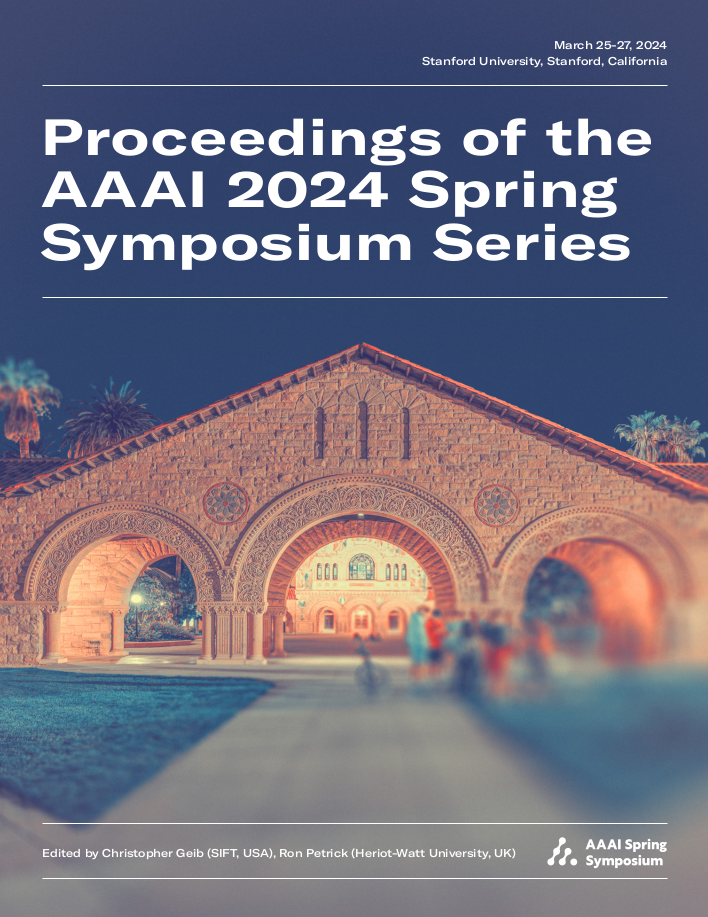Bridging the Gap: Diversity Initiatives in AI Education
DOI:
https://doi.org/10.1609/aaaiss.v3i1.31260Keywords:
Increasing Diversity in AI Education and ResearchAbstract
This position paper highlights the critical need to enhance diversity in artificial intelligence (AI) education, focusing on K-8 students. As AI increasingly shapes our societal landscape, ensuring equitable access and participation in AI-related fields is essential. However, the current AI education landscape lacks inclusivity, resulting in underrepresentation and limited opportunities for marginalized groups such as racial and ethnic minorities, women, individuals with disabilities, and those from economically disadvantaged backgrounds. The paper advocates for a comprehensive approach to address diversity gaps in AI education. This involves revising curricula to include diverse perspectives, integrating AI knowledge into core subject areas, and utilizing machine learning (ML) to enhance learning across disciplines. Educators can create inclusive learning environments by incorporating culturally relevant examples and interactive activities showcasing AI's positive impact on diverse communities. Furthermore, promoting diversity in AI education requires investment in teacher training and resources. Educators need support to implement inclusive teaching methods, understand cultural nuances, and address implicit biases. Bridging the digital gap is also crucial, as access to technology and hands-on AI experience ensures equal opportunities for all students regardless of socioeconomic back-ground. By embracing diversity and inclusivity in AI education at the K-8 level, we can cultivate a future generation of AI professionals and informed citizens who leverage technology to address diverse community needs.Downloads
Published
2024-05-20
Issue
Section
Increasing Diversity in AI Education and Research

